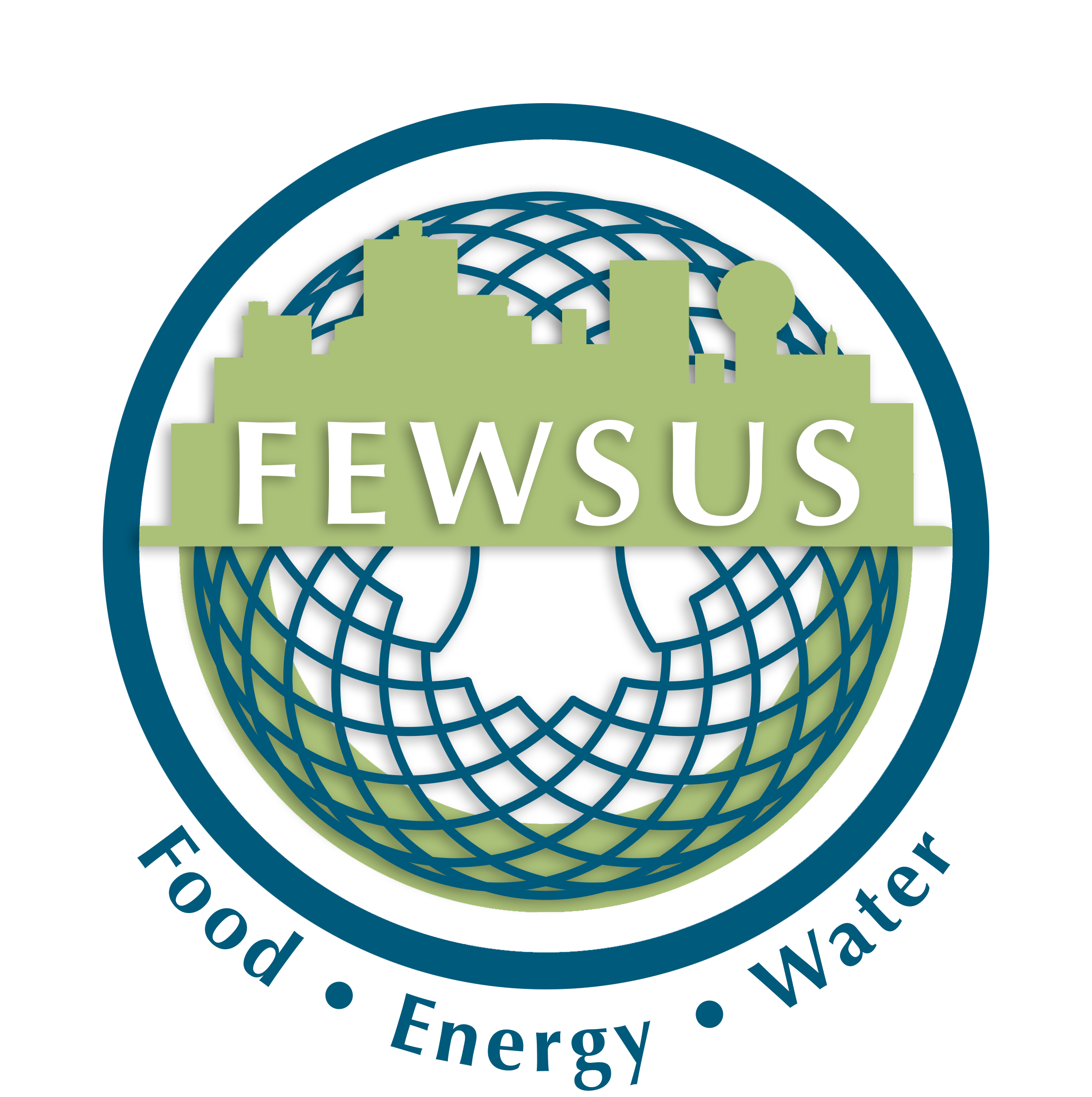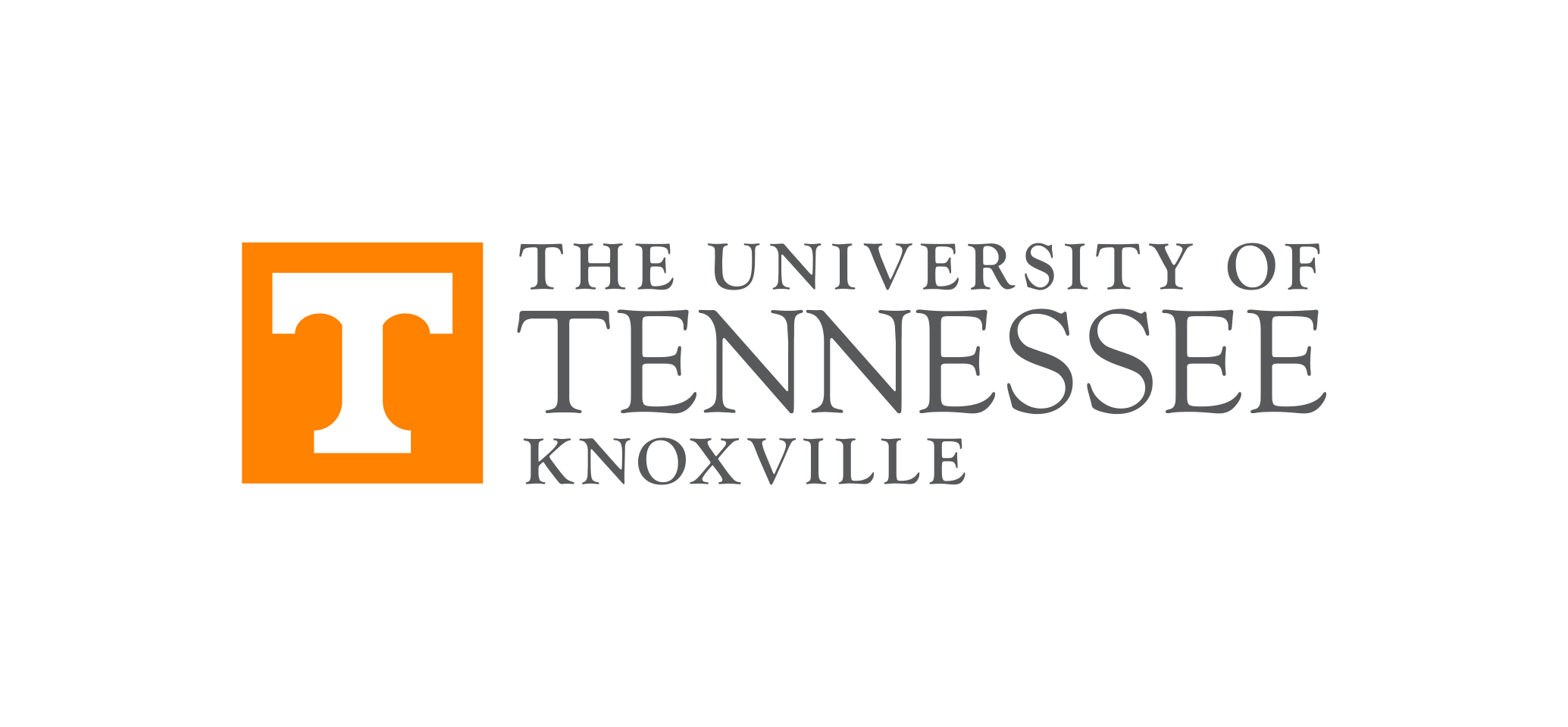LET’S TALK URBAN SUSTAINABILITY!
Food-energy-water nexus for urban sustainability

Workshop Information
Wednesday, May 11th, 2022| 8:30am -11:30am EST
Thursday, May 12th, 2022| 8:30am -11:30am EST
Meeting Format: Virtual
Join the meeting: https://tennessee.zoom.us/j/93010807767 Password: FEWSUS
Co-sponsors


REGISTRATION AND ABSTRACT SUBMISSIONS
We welcome perspective, concept, outreach, policy, research and collaborative stakeholder involvement type submissions.
Oral presentations (approx. 10 minutes)
10 PowerPoint slides

SUBMISSION GUIDELINES
BACKGROUND
Urban systems, including cities and surrounding regions, occupy less than 4% land surface area on the earth but support 66% of population and contribute more than 80% of gross domestic product and more than 70% of greenhouse gas emissions in the world.
The water-food-energy nexus provides a conceptual tool for addressing urban sustainable development. Demand for all three is increasing, driven by a rising global population, rapid urbanization, changing diets and economic growth. Currently, estimates project that by 2050, water and food demands will grow by over 50%, while urban energy demands may double.
Our changing global scenario urgently requires creating a transdisciplinary student network to develop a global research agenda and community of practice that addresses the impacts of regional and global FEW systems on urban sustainability. As the world urbanizes, we need to be prepared to address the changes to our critical food, water, and energy systems.
The United States National Science Foundation funded FEWSUS program is an opportunity to bring academic faculty members and university students together to share interdisciplinary research and knowledge on the intersection of the food-energy-water nexus in sustainable urban systems.
GOALS AND OBJECTIVES
This event will showcase undergraduate and graduate student research at the food-energy-water nexus. This symposium will cover multiple United Nations’ Sustainable Development Goals, including SDGs 2, 6, 7, 11, and 12 and its relationship to urban sustainability.
We are inviting university students across the globe from all academic disciplines to participate in our Spring 2022 International Spring Symposium.
ABSTRACT SUBMISSION
Please submit your abstract using the link below:
https://utk.co1.qualtrics.com/jfe/form/SV_40zBqsyv0Qbu49E
For presenters. Abstracts should include a title, 100-word abstract and 1-page resume/CV of the presenter. Abstracts should address FEWSUS topics and how its clearly linked to at least one of SDGs 2, 6, 7, 11 and/or 12.
Abstracts should communicate the research topic and its significance in language appropriate for a non-specialist audience. Student submissions from all disciplines that touch on FEWSUS topics are welcome.
Selections will be made by the NSF-FEWSUS committee and accepted presenters will be notified no later than May 6, 2022. Students who have submissions accepted for workshop presentation will receive instructions on how to submit slides for the virtual presentation.
ABSTRACT DEADLINE
All abstracts must be received by 5:00pm EST on Wednesday, May 4th , 2022. If you have any questions please do not hesitate to reach out to Sara Mulville smulvill@utk.edu.
SUGGESTED THEMES
Theme (i) FEWSUS/SDG 2: Zero Hunger

- Universal access to safe and nutritious Food
- Improve the productivity and incomes of small-scale food producers
- Sustainable food production and resilient agricultural practices
- Genetic diversity in food production
- Stable food commodity markets and timely access to information
Theme (ii) FEWSUS/SDG 6: Clean water and sanitation

- Safe drinking water for urban systems
- Freshwater withdrawals and water use efficiency for agriculture, industry and municipal uses
- Wastewater treatment and reuse
- Urban water governance and policy
- Integrated water management
- Restoration of water-related urban ecosystems
Theme (iii) FEWSUS/SDG 7: Affordable and Clean Energy

- Clean energy for urban food and water systems
- Efficient energy for urban food and water systems
- Clean fuels for cooking
- Renewable energy in buildings
Theme (iv) FEWSUS/SDG 11: Sustainable Cities and Communities

- Urban wetlands
- Urban planning for food-energy-water systems
- Solid waste management
- Sustainable and resilient construction
- Managed urban ecosystems
- Urban pollution
- Affordable and sustainable transport systems
- Urban waste for energy and food production
- Sustainable transportation
Theme (v) FEWSUS/SDG 12: Responsible Consumption and Production

- Sustainable use of natural resources for urban development
- Urban food waste and loss
- Responsible management of chemicals and waste
- Urban recycling and reuse
- Sustainable urban tourism
- Decarbonization in the supply chain
- Interdependence of food, energy, and water resources along supply chains
- Commercialization and access to quality foods
